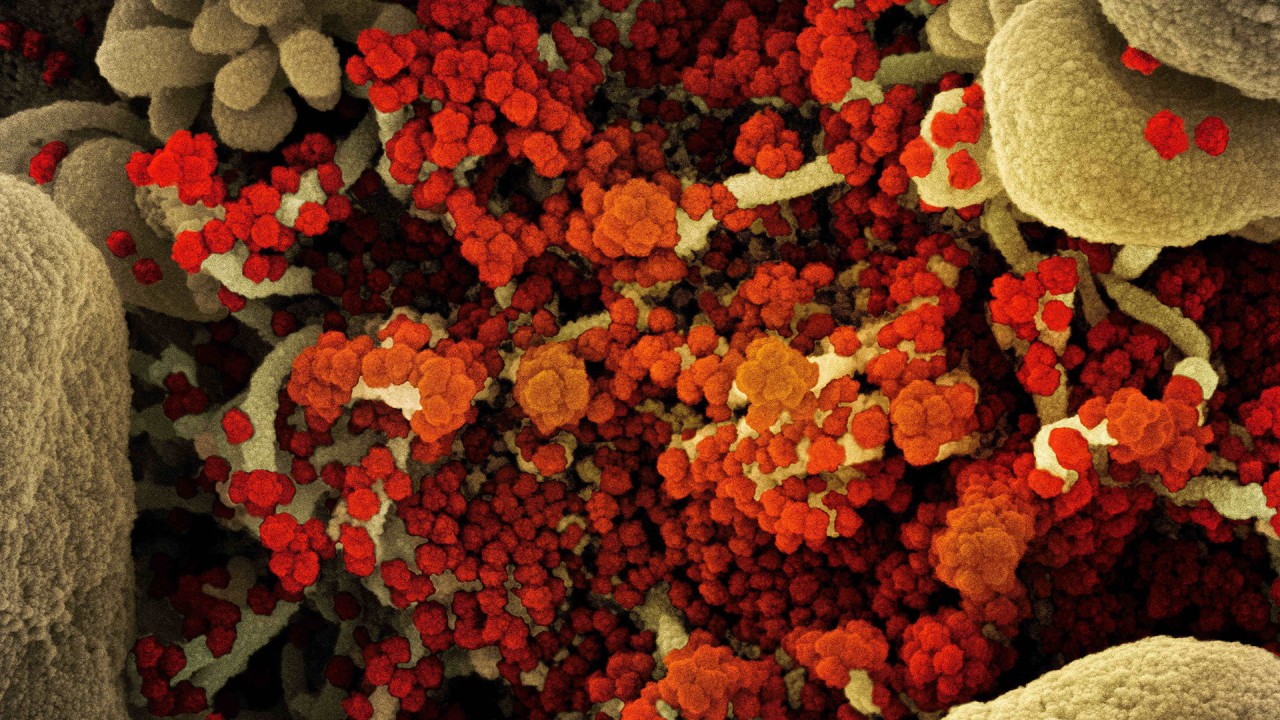Covid-19 in China: Beijing urges residents of capital’s commercial centre not to leave unless absolutely necessary
- Chaoyang district is at the centre of the capital’s outbreak and has already ordered businesses to close and residents to work from home
- Other cities across China are also tightening controls as the country sticks to a strict zero-Covid policy

Meanwhile, around China, local governments in more cities tightened controls as well, halting public transport and closing public venues after only a dozen cases were found.
Chaoyang district deputy chief Yang Beibei said on Sunday that there had been sporadic new community cases because some residents had not been following quarantine measures strictly and there was still a transmission risk from people travelling.
The district – home to the city’s central business district and most embassies – has ordered residents to work from home, and all companies that do not provide essential services or public security to close.
The Shunyi district government also said residents in the area should work from home and not travel unless necessary. In addition, movie theatres, restaurants and other public venues will be closed and tests in the region carried out.

